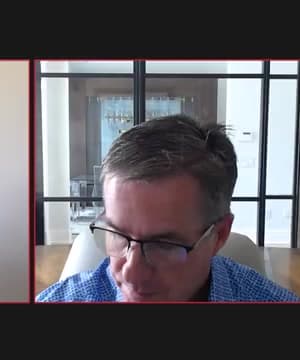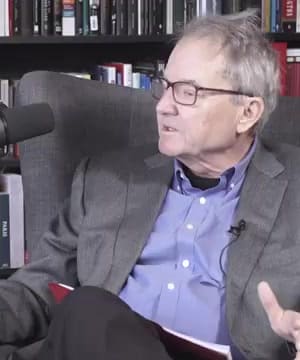Government vs private ownership?
Sources:
Shane Parrish has discussed the differences between government and private ownership in several contexts, focusing on efficiency, control, and incentives.
Key Insights:
-
Rail Terminal Ownership:
- Efficiency and Control: Keith Creel, CEO of Canadian Pacific Railway, explains that government ownership of terminals can introduce inefficiencies because of the complexities in coordination between different entities. Private ownership can also hinder efficiency if the owners prioritize their revenue streams over overall system optimization 1.
-
Public vs Private Companies:
- Investment Horizons: George Stalk Jr. discusses how private equity firms often have a longer investment horizon compared to public companies. Private ownership allows for longer-term planning and investments, aligning management's operations towards longer-term goals without the pressure of quarterly earnings 2.
- Family Ownership Model: He highlights that family-owned companies, common in many parts of the world, tend to be more focused and controlled, allowing for more strategic decision-making compared to publicly owned firms, where management might focus on short-term gains for personal wealth creation 2.
In summary, Shane Parrish's discussions indicate that private ownership, especially in the context of family or privately-held companies, often allows for better control, longer-term planning, and potentially higher efficiency compared to government-owned entities or publicly traded companies, which might face pressures for short-term results.
RELATED QUESTIONS-

